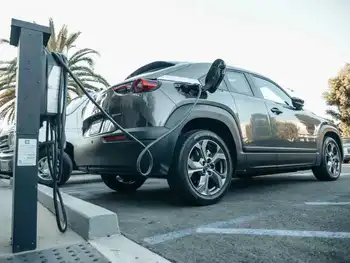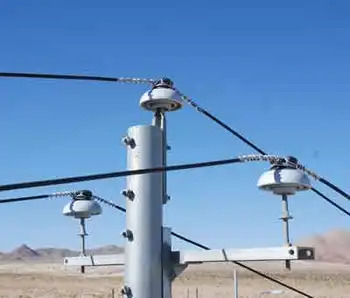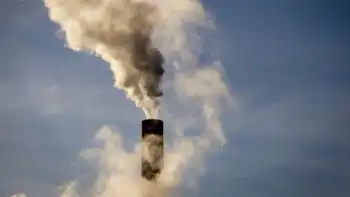Smart Grid consumer engagement leads to satisfaction
By Smart Grid Consumer Collaborative
Protective Relay Training - Basic
Our customized live online or in‑person group training can be delivered to your staff at your location.

- Live Online
- 12 hours Instructor-led
- Group Training Available
“As consumers become more educated about smart grid and smart meters, and have access to more information, pricing, and automation applications, their knowledge and favorability grows, and so does our nation’s energy efficiency.”
Smart Grid Customer Engagement Success Stories spotlights the strategies and tactics employed by four energy utilities in the U.S., CenterPoint Energy, Oklahoma Gas & Electric, San Diego Gas & Electric, and Southern California Edison, to successfully engage customers with the benefits of the smart grid, smart meters, demand response and other enabling technology and devices for home energy management.
“When utilities take certain steps to engage consumers in the smart grid and empower them to manage their energy, it works,” said SGCC Executive Director Patty Durand. “As consumers become more educated about smart grid and smart meters, and have access to more information, pricing, and automation applications, their knowledge and favorability grows, and so does our nation’s energy efficiency.”
In the report, SGCC also highlights a set of successful engagement principles to serve as a resource for all industry stakeholders looking to hasten consumer awareness, acceptance and adoption of smart grid technologies and programs. Those principles include:
Educate customers before deployment
Anticipate and answer questions before customers ask them
Facilitate community engagement
Communicate ways to save via signing up for time-based prices and shifting usage off-peak
Deploy a user-friendly and information-rich web portal
Offer user-friendly Smart Grid-enabled technology, such as smart thermostats and
Create authentic customer testimonials.











